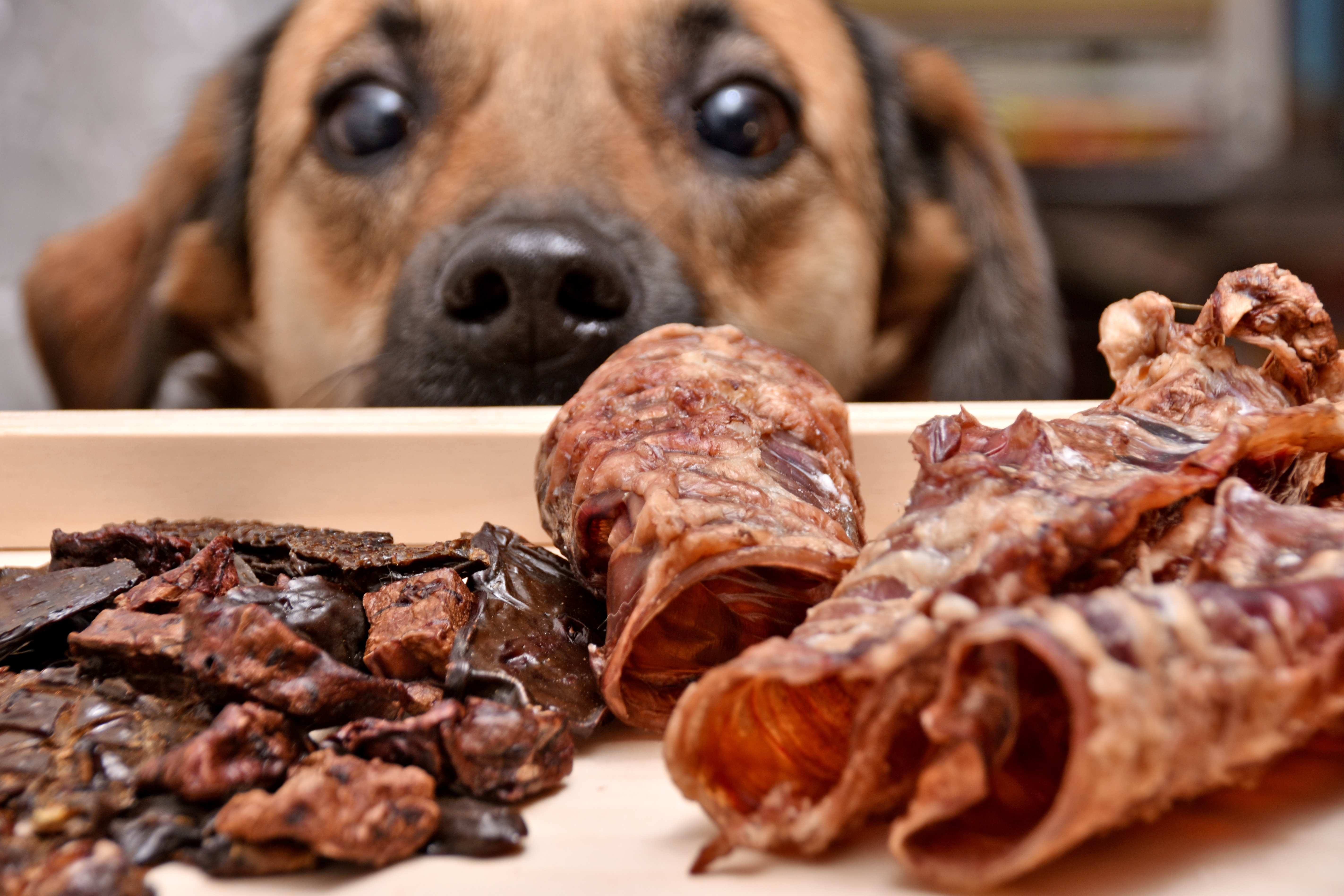It's crucial to be aware of the foods and substances that can be harmful to our beloved furry friends. Dogs can be notorious for their curiosity and indiscriminate eating habits, so it's essential to understand that certain foods can pose serious risks to their health. This article aims to provide a comprehensive list of hazardous foods and substances that dog owners should be cautious about.
Hazardous Foods/Items:
- Chocolate: Chocolate contains theobromine and caffeine, which are toxic to dogs. Even small amounts can cause symptoms such as vomiting, diarrhea, increased heart rate, tremors, and, in severe cases, seizures or even death. Dark chocolate and baking chocolate are especially dangerous due to their high theobromine content.
- Grapes and Raisins: Grapes and raisins can result in kidney failure in dogs who eat too many of them. The exact toxic substance is unknown, but ingestion can cause vomiting, diarrhea, lethargy, and, in some cases, even kidney damage. It's best to avoid giving grapes or raisins to your dog entirely.
- Onions and Garlic: Garlic and onions, in any form (raw, cooked, powdered), can cause damage to a dog's red blood cells, which in turn can cause anemia. Symptoms may include weakness, vomiting, breathlessness, and an elevated heart rate. Avoid feeding your dog any foods seasoned with onions or garlic, such as onion soup mix or garlic bread.
- Xylitol: Xylitol is a sweetener found in many sugar-free products, including gum, candy, baked goods, and some peanut butters. Ingesting xylitol can cause a dangerous drop in blood sugar levels (hypoglycemia). Symptoms can include vomiting, lethargy, loss of coordination, seizures, and even liver failure.
- Avocado: Avocado contains a toxin called persin, primarily found in the leaves, fruit, and pit. While dogs generally tolerate small amounts of avocado flesh without issue, the pit poses a choking hazard. Excessive consumption can lead to gastrointestinal upset.
- Alcohol: Alcohol consumption can have severe effects on dogs, including intoxication, vomiting, disorientation, difficulty breathing, and, in severe cases, coma or death. Ensure alcoholic beverages are kept out of your dog's reach, and never intentionally give alcohol to your pet.
- Caffeine: Caffeine, commonly found in coffee, tea, energy drinks, and certain medications, can be toxic to dogs. Ingestion can result in restlessness, rapid breathing, increased heart rate, muscle tremors, seizures, and even death. Keep all caffeinated products well out of your dog's reach.
- Macadamia Nuts: Macadamia nuts contain an unknown toxin that affects dogs. It can cause symptoms such as weakness, vomiting, tremors, increased body temperature, and an inability to walk. It's best to avoid feeding any products containing macadamia nuts to your dog.
- Dairy Products: While small amounts of plain, unsweetened dairy products might be tolerated by some dogs, many canines are lactose intolerant. Feeding dairy products can lead to gastrointestinal upset, including diarrhea and gas. Monitor your dog's response to dairy and consult a veterinarian if any adverse reactions occur.
- Raw or Undercooked Meat, Eggs, and Bones: Raw or undercooked meat, eggs, and bones may contain harmful bacteria, such as Salmonella or E. coli, which can cause food poisoning in dogs. Additionally, bones can splinter and cause choking hazards or gastrointestinal blockages. Always ensure meat and eggs are cooked thoroughly before offering them to your dog, and avoid giving them bones.

Before you go...
To keep our canine companions safe, it's crucial to be knowledgeable about the foods and substances that can harm them. The list above highlights some of the most hazardous foods for dogs, but it is by no means exhaustive. When in doubt about a particular food item, consult with your veterinarian before offering it to your furry friend. Remember, prevention is key in ensuring your dog's well-being, and a well-balanced diet tailored to their specific nutritional needs is the best way to keep them happy and healthy.
This list is by no means exhaustive, so there could be other foods or plants that are harmful to dogs. Please do your research before bringing anything new into your home that your dog could potentially have or get access to.









